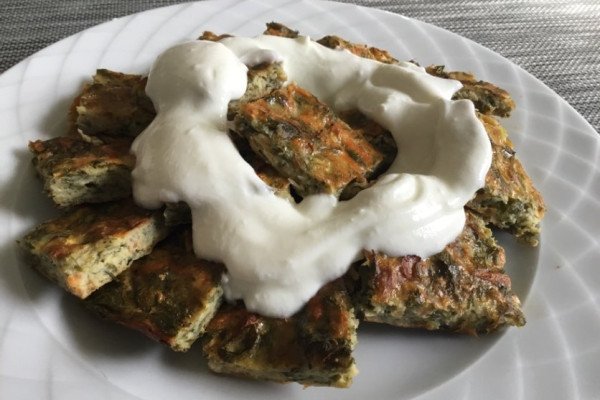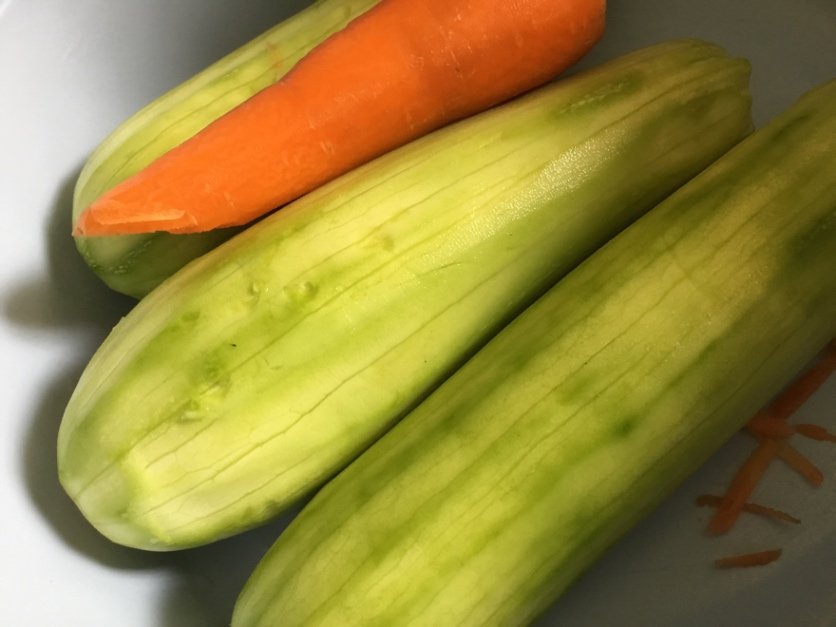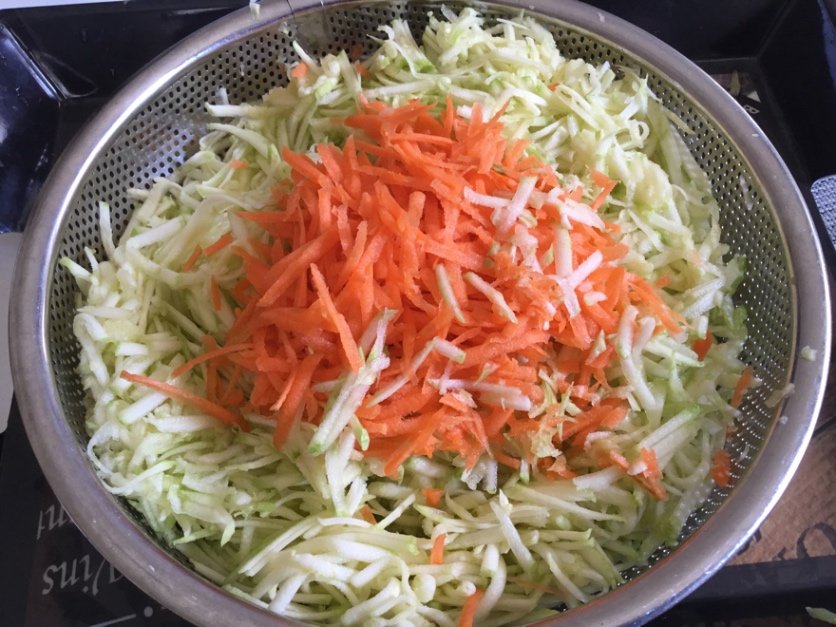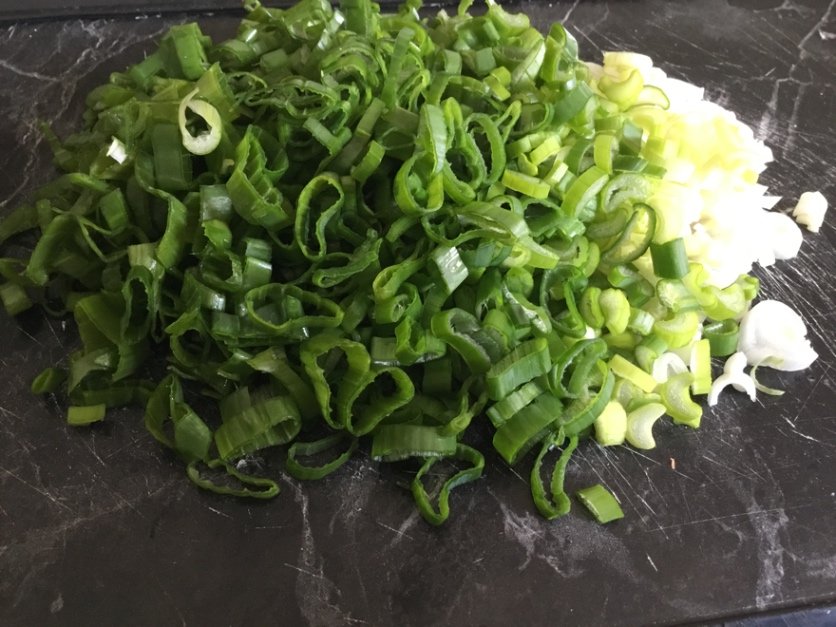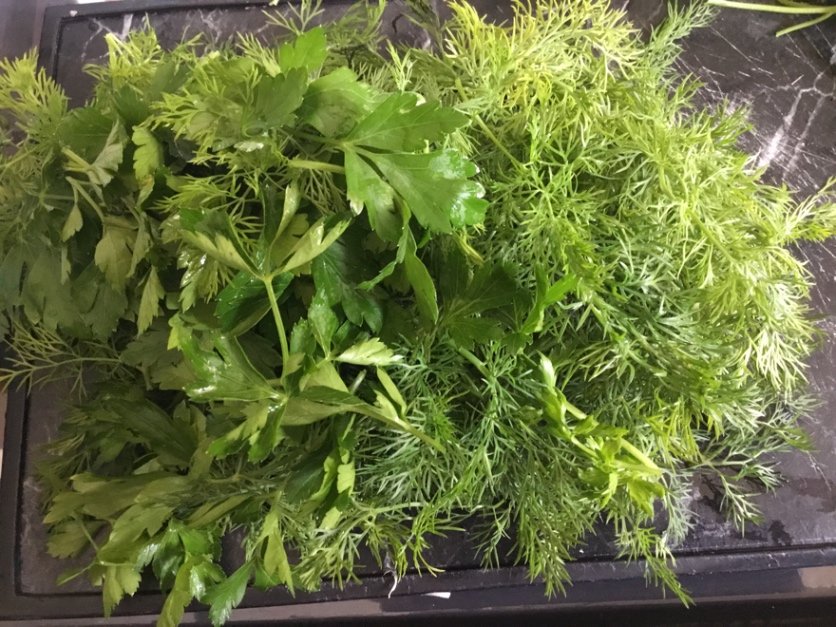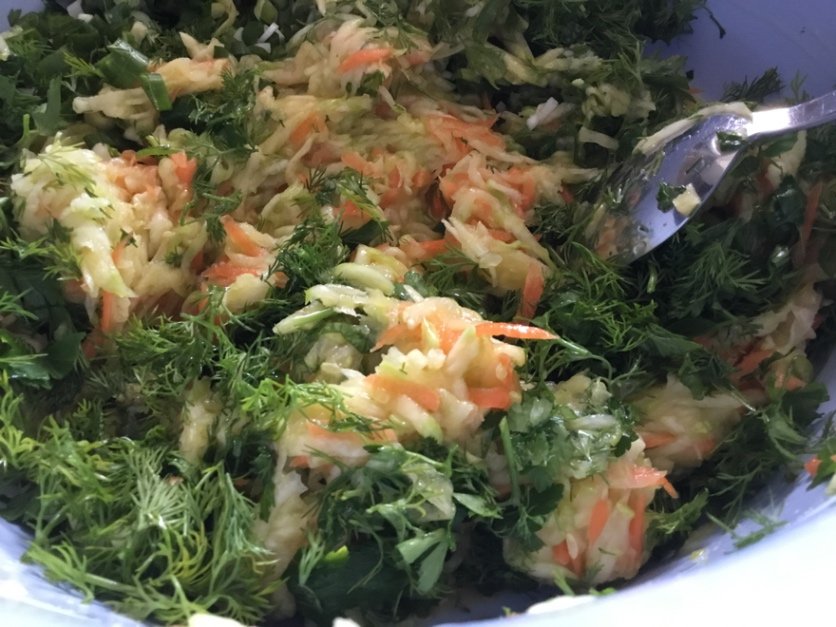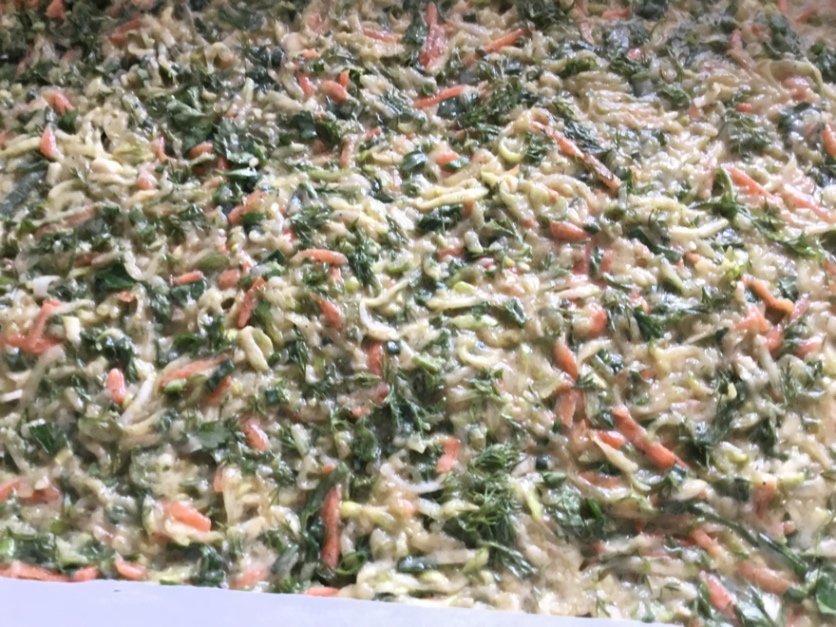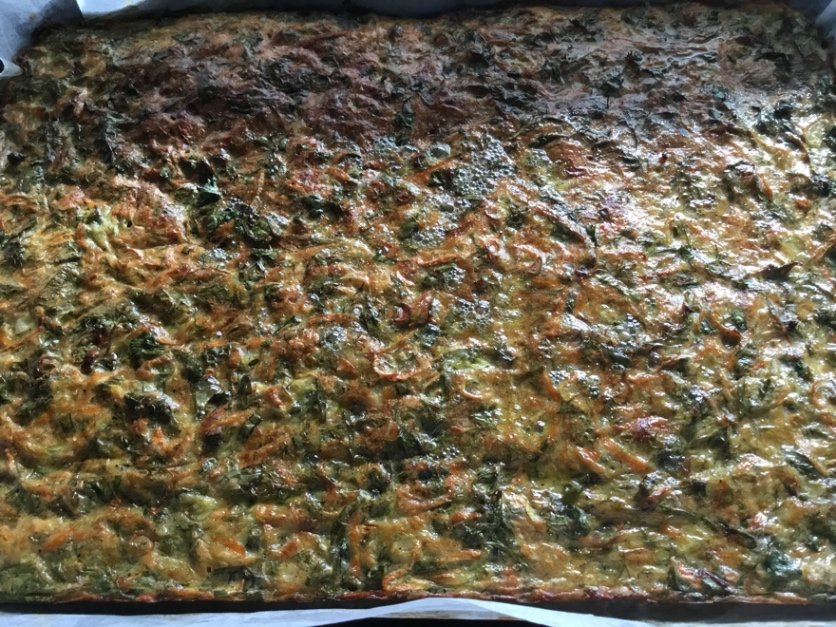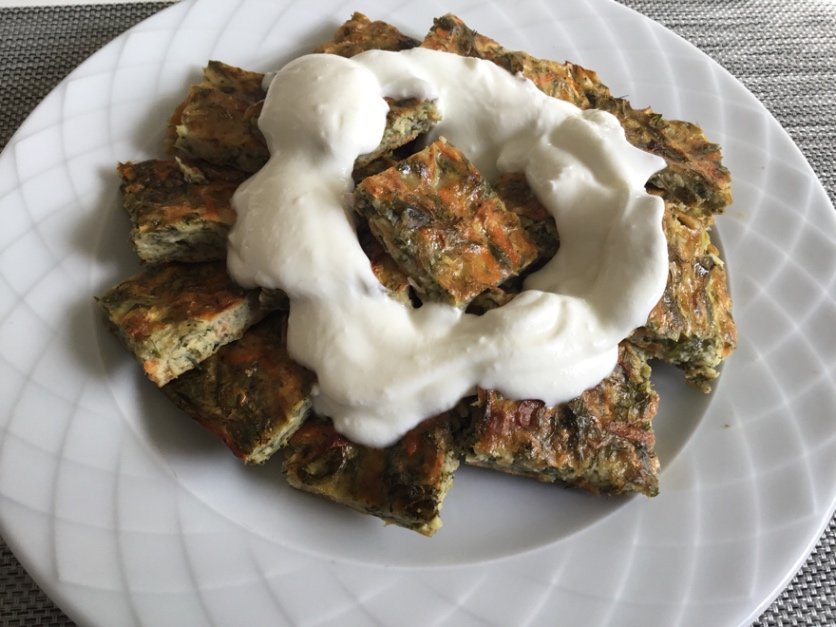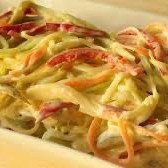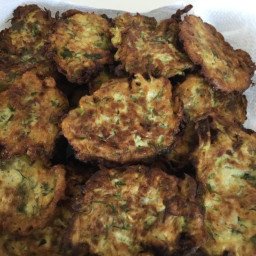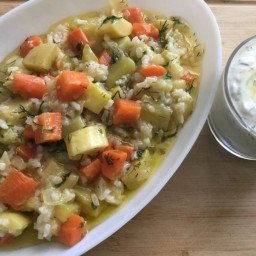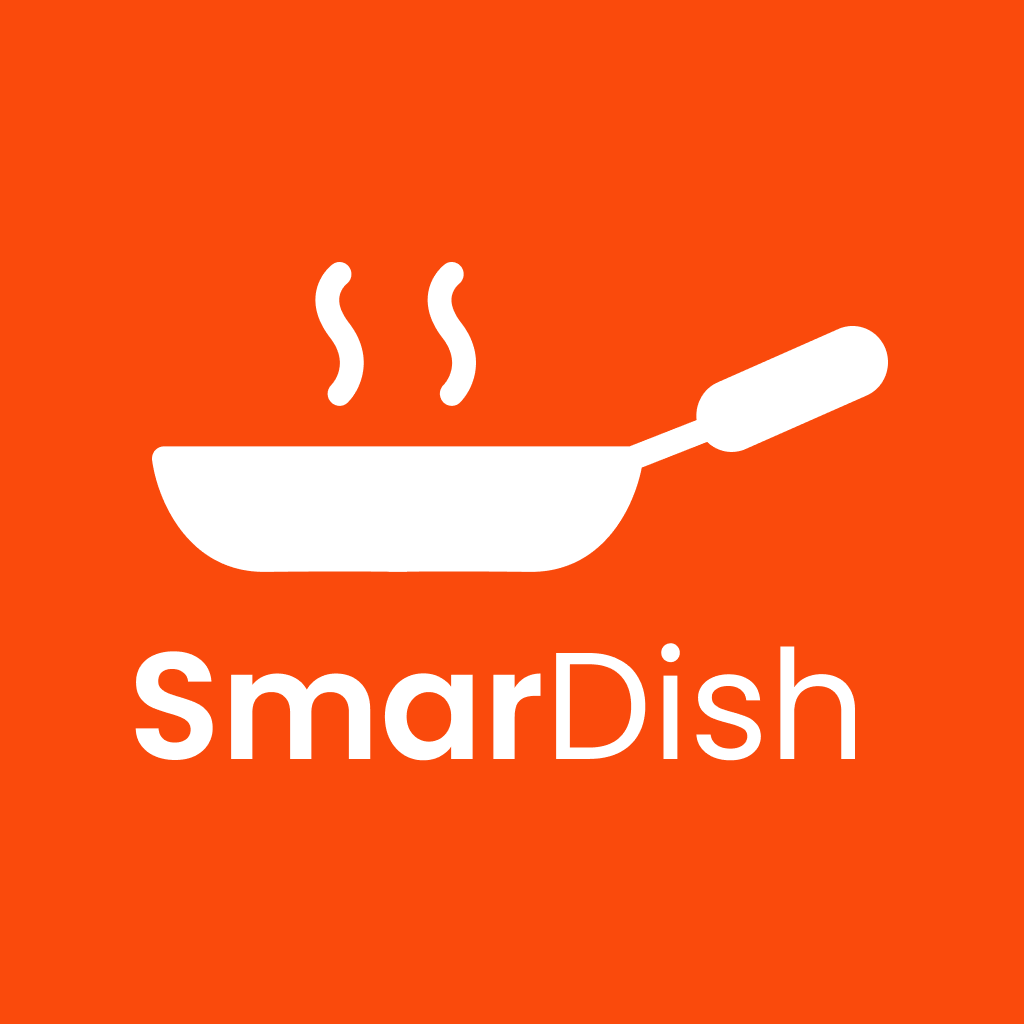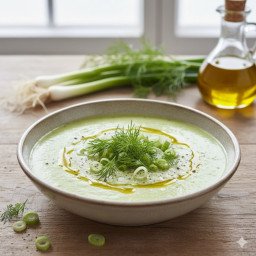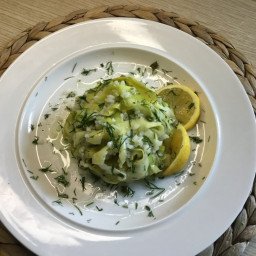Keep in mind: You can click on each ingredient to find other recipes that use that ingredient.
-
Zucchini:
Zucchini (kabak) is rich in dietary fiber, Vitamin C for immunity, and potassium, benefiting heart and digestive health. It also contains powerful antioxidants like lutein and zeaxanthin, crucial for eye health. Low in calories and high in water, it's ideal for healthy diets. It pairs wonderfully with yogurt, garlic, dill, and olive oil.
-
Fresh Onion:
Spring onion, a low-calorie vegetable, is a rich source of vitamins K and C. It supports bone health, aids blood clotting, and boosts the immune system. Its antioxidants protect the body against free radicals. Its fibrous nature supports digestion. It adds a refreshing flavor, especially in salads, omelets, soups, traditional Turkish dishes like 'cacık' and 'piyaz,' and pairs wonderfully with grilled meats and fish.
-
Carrot:
Carrots are renowned for their rich beta-carotene, which the body converts into Vitamin A, crucial for eye health (especially night vision) and skin regeneration. Their high fiber content aids digestion and promotes satiety. Potent antioxidants also protect cells. To maximize the absorption of their beneficial compounds, carrots are best consumed with healthy fats like olive oil. Versatile in both sweet and savory dishes, they pair wonderfully with fruits like apple, orange, and ginger, or in meat dishes.
-
Flour:
Flour is a fundamental foodstuff obtained by grinding grains. It provides our body with a long-lasting energy source, especially through complex carbohydrates. Varieties like whole wheat flour, thanks to their high fiber content, support digestive health, provide a feeling of fullness, and help stabilize blood sugar levels. It also contains essential B vitamins (especially B1, B3, B9) and important minerals such as iron and magnesium, which are crucial for nervous system functions, energy production, and blood formation. It is versatile in the kitchen; forming the base for baked goods like bread and pastries when combined with milk, eggs, and yeast, while also being used to thicken sauces or create harmonious flavors with vegetables.
-
Egg:
Eggs are a highly bioavailable protein source, essential for muscle growth and repair. Rich in B12, Vitamin D, selenium, and choline, they support brain function, nervous system health, and energy production. Lutein and zeaxanthin pigments aid eye health, reducing the risk of age-related macular degeneration. Despite their cholesterol content, eggs typically don't adversely affect blood cholesterol in most healthy individuals. A breakfast staple, eggs pair wonderfully with various ingredients like cheese, spinach, mushrooms, avocado, and whole-wheat bread.
-
Parsley:
Parsley is a powerful antioxidant source that supports bone health and plays a crucial role in blood clotting due to its Vitamin K content. Its Vitamin C content strengthens immunity. Rich in flavonoids like apigenin, it can help reduce inflammation. It is also a natural diuretic. It pairs perfectly with lemon, garlic, and olive oil; adding a refreshing flavor to fish, chicken, soups, and salads.
-
Dill:
Dill is an aromatic herb frequently used in kitchens, rich in vitamins A and C, and various minerals. It is known for its digestive support, carminative (gas-reducing), and antioxidant properties. It also contains calcium, which can contribute to bone health. It adds a fresh touch to salads, cacık (yogurt dip), olive oil dishes, and fish meals.
-
Salt:
Salt is an essential mineral that adds unique flavor to dishes and serves as a natural preservative. It provides vital electrolyte balance for the body's water regulation, nerve, and muscle functions. It pairs perfectly with spices, herbs, and oils, enriching the taste of every meal. An indispensable part of every table.
-
Black Pepper:
Black pepper, a kitchen staple, offers not just flavor but also significant health benefits. Thanks to piperine, its active compound, it boasts powerful antioxidant properties, helping to combat free radicals. It can stimulate the digestive system, enhancing nutrient absorption and notably increasing the bioavailability of curcumin found in turmeric. Additionally, it's effective in reducing gas and bloating. It also has a mild metabolism-boosting effect. With a wide range of uses from red meats to poultry, vegetable dishes to soups, it pairs excellently. It harmonizes perfectly with spices like cumin and coriander, as well as ingredients like lemon and garlic, adding depth to dishes.
-
Olive Oil:
Olive oil, especially in its extra virgin form, is a powerful source of health benefits due to its high content of polyphenol antioxidants and monounsaturated fatty acids (oleic acid). It supports heart health by helping to lower bad cholesterol (LDL) and raise good cholesterol (HDL). With its anti-inflammatory properties, it reduces inflammation in the body, prevents cell damage, and provides protection against chronic diseases. It supports the digestive system and contributes to skin health. An indispensable part of Mediterranean cuisine, it pairs wonderfully with salads, vegetable dishes, fish, legumes, and fresh bread.
